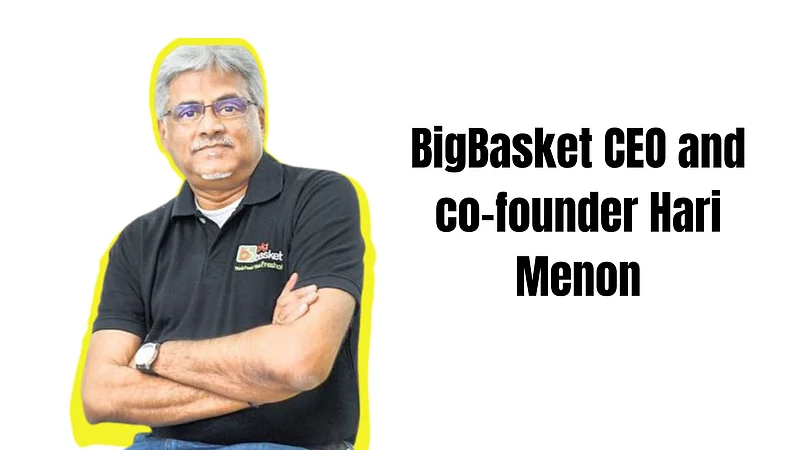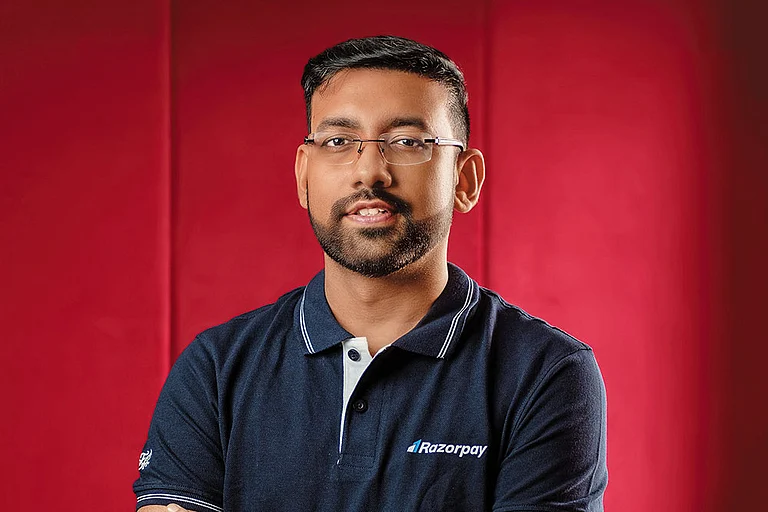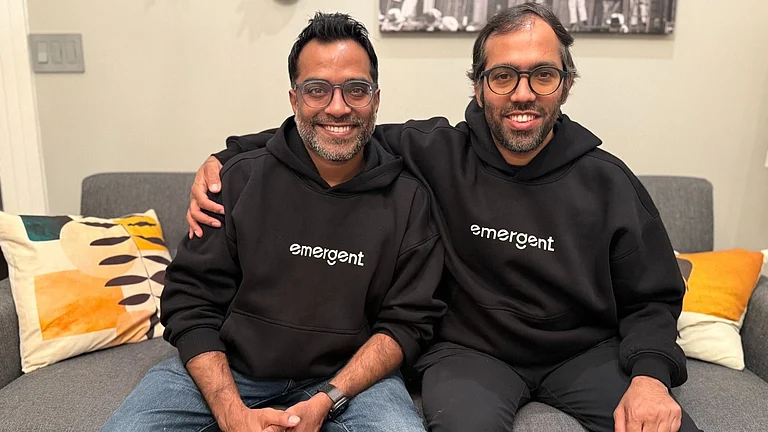BigBasket, the e-grocer owned by the Tata Group, plans to raise $80-100 million in debt and equity, as per a report by the Economic Times.
Speaking to the Economic Times, a source said, “Since both 1mg and BigBasket have significant investment plans this year, the best instrument for capex is debt without diluting equity.”
The company last infused money into Big Basket in 2022. The grocery platform raised $200 million at a valuation of $3.2 billion. Highlighting the need for funds by the online grocery store, a group executive reportedly mentioned that quick commerce now accounts for a larger portion of the total business, and the company requires funding to implement its business ambitions and compete with competitors.
The competition in the quick commerce space is increasing. Some of the rivals of BigBasket are Blinkit, Instamart, and Zepto. Zepto recently received funding of $665 million at a valuation of $3.6 billion.
Other new players that are entering the market include Flipkart and Reliance Retail. In select areas of Mumbai and Navi Mumbai, Reliance Retail has already started its delivery service for groceries and fast-moving consumer goods products. The timing for the same is within an hour, but the platform aims to reduce the timing to 30-45 minutes after more stores are linked to the system.
BigBasket and 1mg continue to generate over 90 per cent of their sales through their own platforms, according to the report. This is because Tata Neu’s streamlined consumer experience is still under development.
Meanwhile, Tata Digital is working to integrate group assets like Croma, Cliq, Cliq Luxury, airline bookings, and hotel reservations into its superapp.
Amid the intensifying race in the quick commerce platform, BigBasket is also planning to deliver electronics that include mobile phones and wearables. Speaking to Outlook Business earlier, BigBasket CEO and co-founder Hari Menon said, “While there is some time before we can think of delivering bigger appliances like refrigerators and washing machines in 20 minutes, we will soon start with smaller ones such as mobile phones and wearables.”































